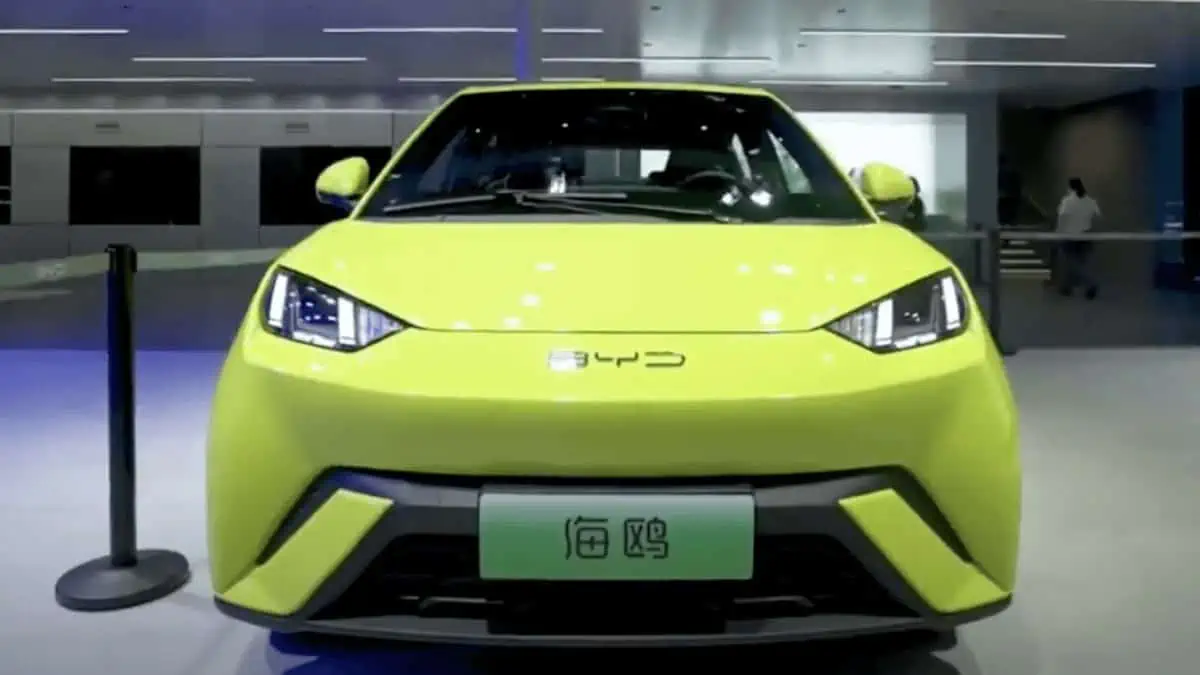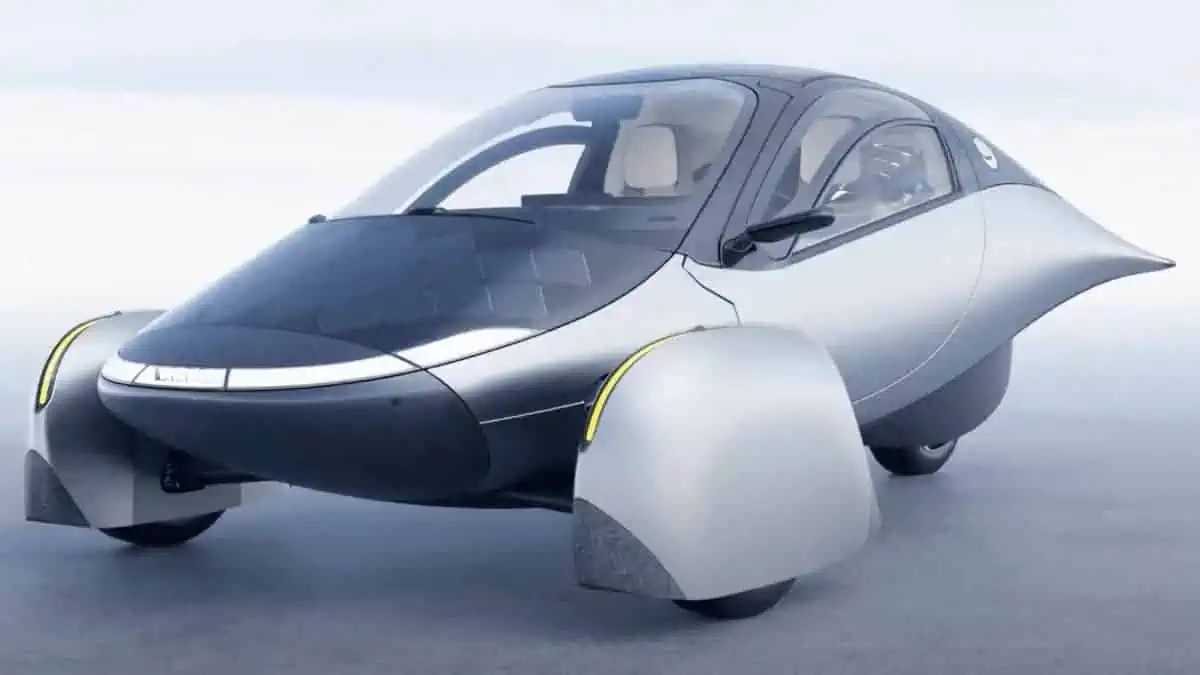Chinese electric vehicle giant BYD has just broken ground in its inaugural sodium-ion battery facility in Xuzhou, Jiangsu province, Cars News China reports, citing the local government’s announcement.
Project details
According to the report, the Xuzhou government announced BYD’s groundbreaking at the site on January 4 in a WeChat post.
BYD erected its inaugural sodium-ion battery factory in the Xuzhou Economic and Technological Development Zone.
The investment for the battery factory development reached a total of RMB 10 billion ($1.4 billion), which will manufacture sodium-ion battery cells and packs. It is expected to hit an annual production capacity of 30 GWh, CnEVPost noted.
This annual production capacity will advance the new facility as the world’s biggest sodium-ion battery factory.
Huaihai and BYD’s partnership
It is worth noting that the new sodium-ion battery factory is under a joint venture between tricycle giant Huaihai Holding Group and BYD’s FinDreams.
Huaihai and FinDreams reportedly inked a strategic cooperation agreement at BYD’s Shenzhen headquarters on June 8, 2023.
The joint venture aims to develop the world’s biggest sodium-ion battery factory for microelectric cars, as per Huaihai’s June press release. In this sense, the partners will leverage the Xuzhou hub to test the demand for microcar batteries in China and in other foreign markets.
According to Dimsum Daily, the strategic venture aligns with BYD and Huaihai Group’s existing partnership since November 2022. The two players jointly invested a whopping 10 billion yuan to develop a standard 310,000 sqm battery factory. Its pilot production will begin in March 2024.
Sodium-ion batteries as an alternative to costly lithium
Sodium-ion batteries offer lower-cost production, making them an ideal alternative to lithium. In addition, sodium is also more abundant compared to lithium. However, they deliver lower energy density, which significantly limits an electric car’s range.
Therefore, experts best recommend the use of sodium-ion batteries in industries that do not need high energy density. It would be perfectly competitive for shorter-range EVs or grid storage systems.
According to CnEVPost, Guosen Securities analyst Tang Xuxia’s team indicated in a July 2021 research note that the sodium-ion batteries will primarily appeal to the energy storage sector and two-wheeler EVs. Its potential dominance in these sectors is unsurprising, considering its cost-efficiency compared to other battery chemistries.






